In recent years, the phenomenon of orcas hunting great white sharks has captivated the attention of scientists and enthusiasts alike. These majestic marine predators, known as killer whales, seem to have developed a particular interest in one of the ocean’s most fearsome predators—the great white shark. What drives these apex predators to target their formidable counterparts? This article delves into the fascinating world of orcas and great white sharks, exploring the reasons behind this intriguing behaviour.
Understanding Orca Behavior
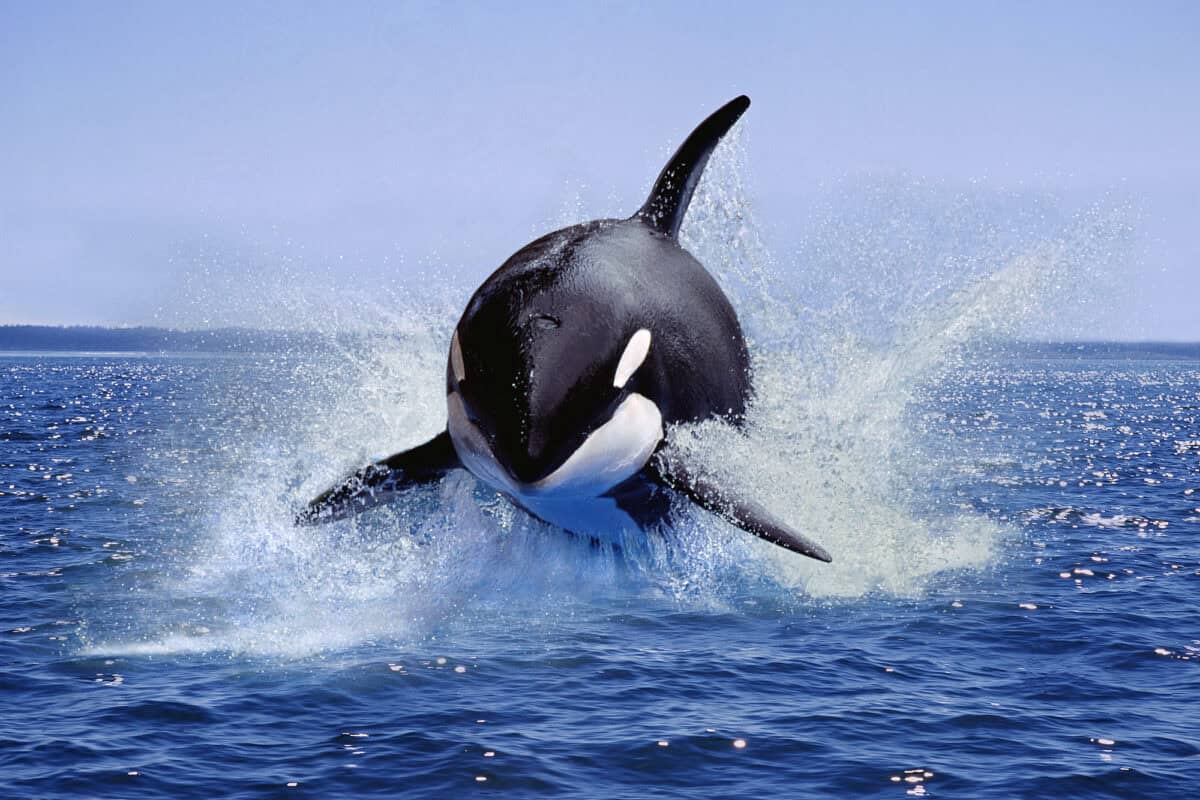
Orcas, or killer whales, are highly intelligent and social creatures known for their cooperative hunting strategies and complex social structures. Their diverse diet includes fish, seals, and even whales, showcasing their adaptability and prowess as hunters. The behavior of orcas hunting great white sharks, however, reveals new insights into their dynamic ecological roles.
Great White Sharks: Apex Predators of the Ocean

Great white sharks are among the most well-known ocean predators, featured prominently in films and documentaries. With their powerful jaws and keen sense of smell, they are top predators capable of taking down large marine mammals and fish. This makes them formidable opponents within their ocean ecosystems.
The Surprising Predator-Prey Dynamics
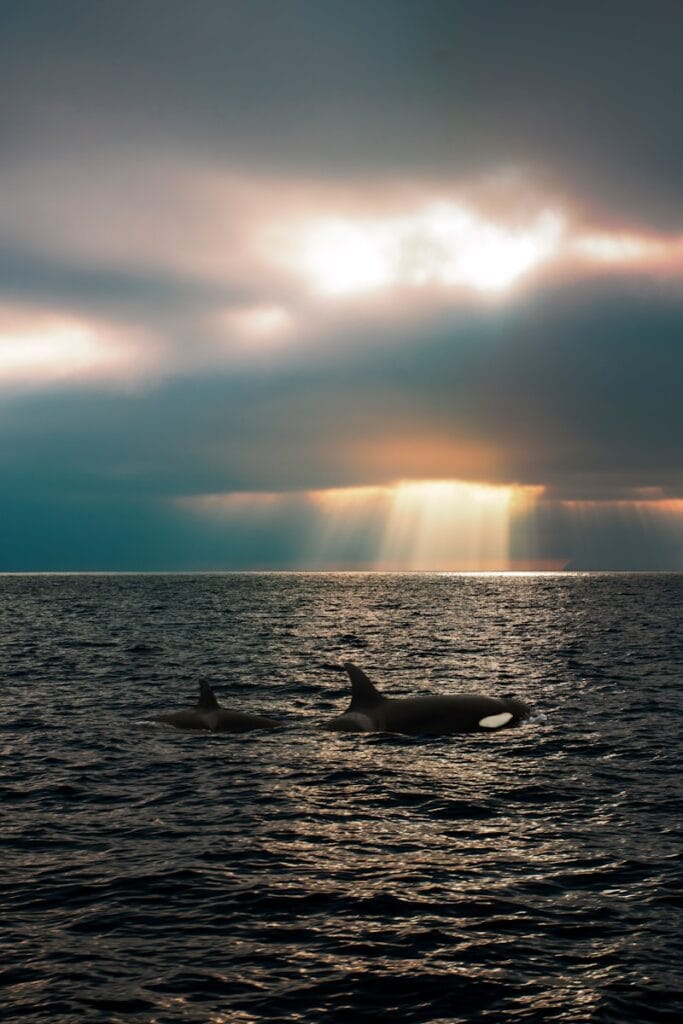
In the natural world, predator-prey relationships are crucial to maintaining the balance of ecosystems. The interactions between orcas and great white sharks challenge traditional perceptions of these hierarchies, where orcas are now seen taking on a role that usurps the shark’s place at the top of the food chain.
Orca Strategies: Power in Numbers

Orcas are known for their sophisticated hunting techniques, often working in pods to coordinate their efforts. When hunting great white sharks, it is believed that these animals use teamwork to target and isolate individual sharks, making it easier to overpower these lone predators.
The Liver: A Nutritional Prize

One specific behaviour noted in orcas’ attacks is their predilection for the liver of great white sharks. The liver is a rich source of nutrients and high in energy, providing a perfect dietary supplement for orcas. This targeting of the liver may explain why orcas focus their attacks on great white sharks.
Impact of Orcas on Shark Populations

The presence of orcas hunting great white sharks significantly impacts their population dynamics. With orcas actively hunting them, sharks may alter their behaviors, such as changing their hunting grounds or diving patterns, which can reduce shark sightings in areas frequented by orcas.
Scientific Observations and Studies
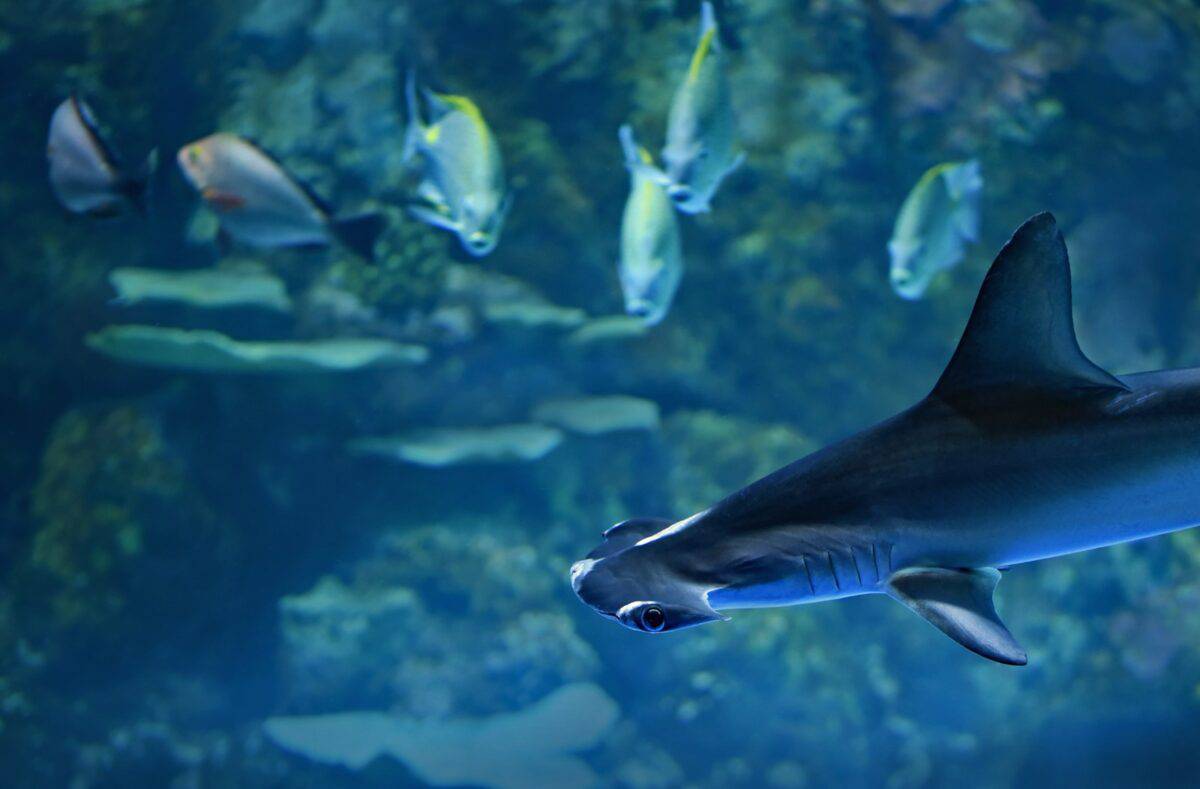
Ongoing research and observations have been key in understanding orca and shark interactions. Scientists have utilized tracking devices and taggings, combined with underwater cameras, to capture this behavior, providing valuable insights into their hunting strategies and social interactions.
Environmental Factors Influencing Behavior
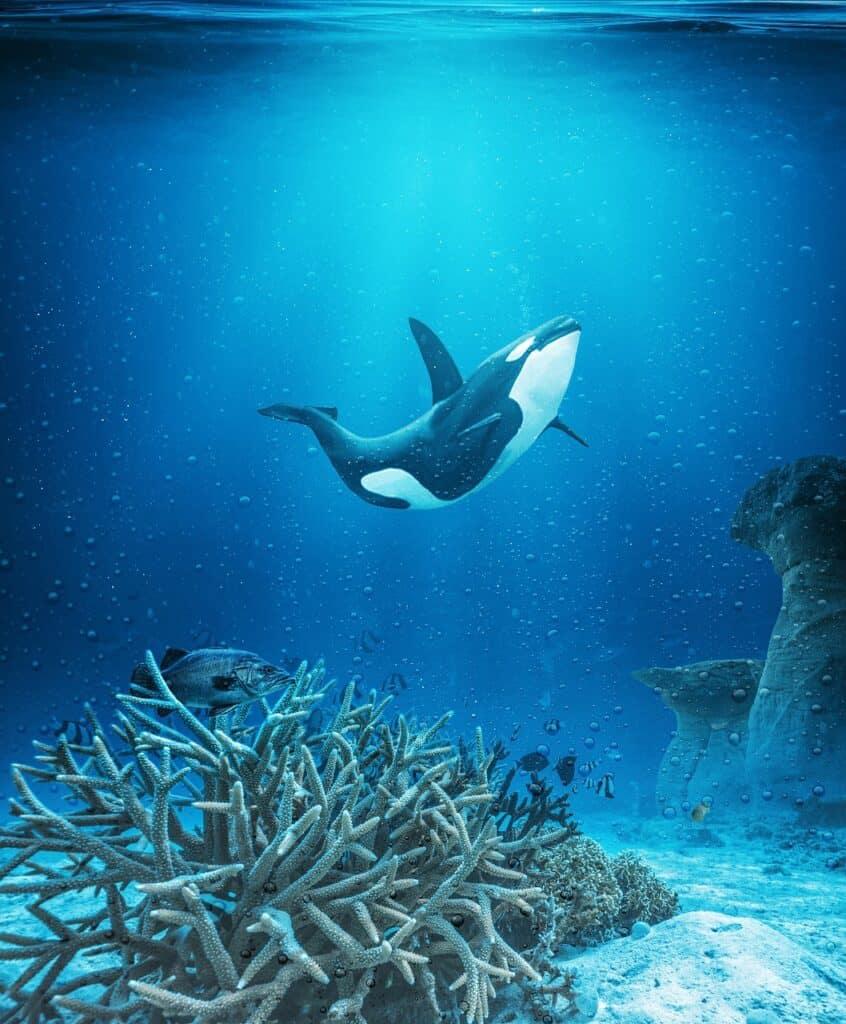
Changes in the marine environment could be influencing orcas’ choices to hunt great white sharks. Shifts in prey availability, climate change, and human impacts on marine ecosystems might drive orcas to adapt their hunting techniques and target new prey.
Social and Cultural Learning in Orcas
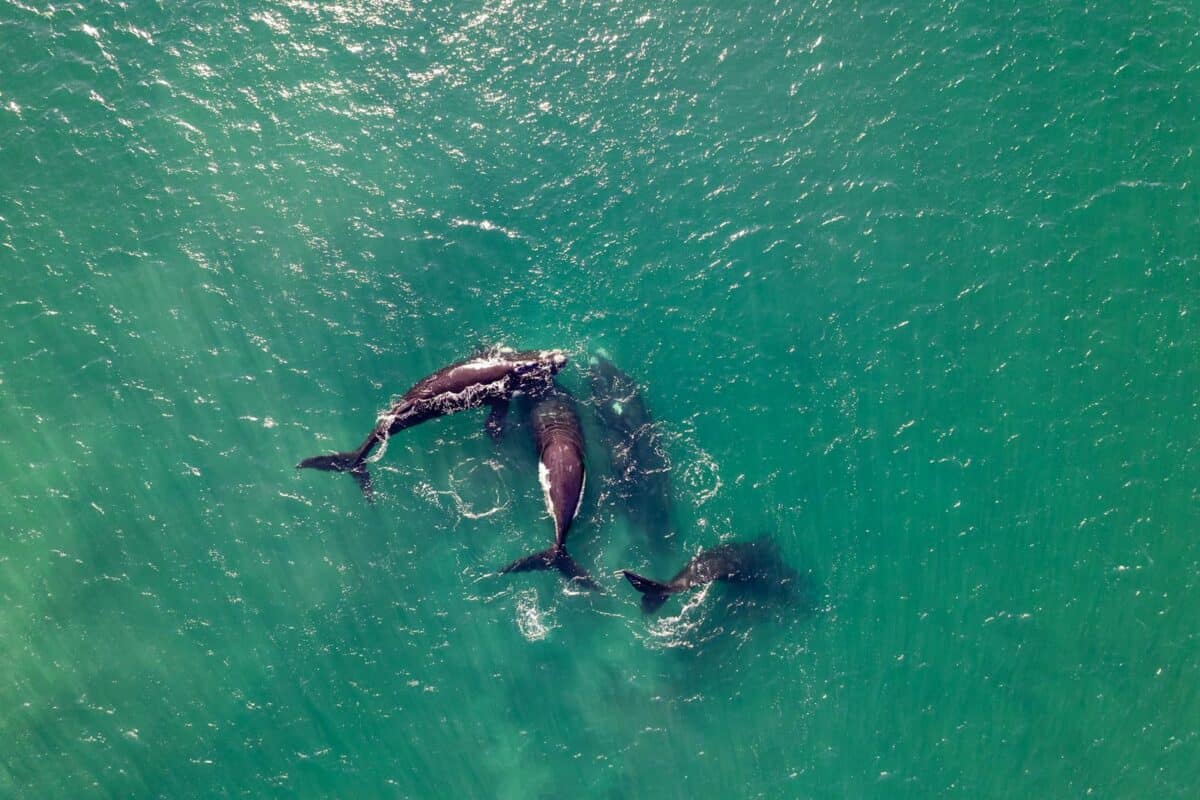
Orcas demonstrate cultural learning, where specific pods develop unique hunting techniques and dietary preferences that are passed down through generations. This social learning aspect could explain why certain orca populations have developed the skill of hunting great white sharks, while others have not.
The Global Perspective: A Marine Ecosystem Shift

The interactions between orcas and great white sharks offer a broader perspective on changes occurring in marine ecosystems. These interactions provide critical data for understanding how apex predators coexist and compete, ultimately influencing conservation strategies and marine protection efforts.
Conservation Implications

Understanding the intricate dynamics between orcas and great white sharks can aid in conservation measures, ensuring the protection of both species and their habitats. As top predators, their interactions are vital to maintaining the balance of marine environments, underscoring the importance of preserving their ecosystems.
The phenomenon of orcas hunting great white sharks fascinates scientists and contributes valuable knowledge to marine biology. These encounters reflect the complexity and adaptability of ocean ecosystems, highlighting the intricate food web and predator-prey relationships. As research continues, the ongoing study of orca and shark interactions will provide deeper insights, helping to shape our understanding and conservation of the ocean’s apex predators.
- How Climate Change Is Shifting Bird Migrations in the U.S. - August 14, 2025
- The Real Reason Sharks Circle Before Attacking - August 14, 2025
- Can You Train a Pet Snake? Here’s What Experts Say - August 14, 2025

